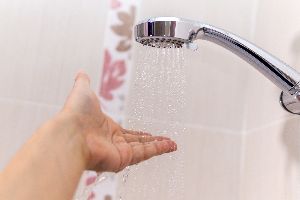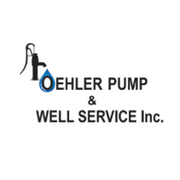
If you have a private well, keeping the supply clean is essential. While hard water with a high mineral content isn't harmful to your health, it can have an unpleasant taste. It can also make household chores like laundry and dishwashing more challenging. Thankfully, a water softener will reduce the supply's mineral content to restore your quality of life. Learn more about this device in the guide below.
How Do Water Softeners Work?
Ion exchange is a chemical process that eliminates minerals from water supplies. Water from the well flows through a mineral tank containing plastic beads. These beads are negatively charged, which allows them to attract positively charged minerals like magnesium and calcium. Treated water then passes through the home's plumbing while the beads retain the minerals.
The beads must be regenerated regularly to remain effective. The control valve will trigger this process based on instructions provided by the internal computer, which considers the specific mineral content of the water and the household's size.
Regeneration occurs by flushing the mineral tank with saltwater, which restores the charge of the beads. Salt blocks must be placed into the brine tank as needed to ensure optimal function.
How to Tell if You Need One

Hard water often has a metallic taste, which can be quite apparent when mineral counts are high. It can also cause soap scum, which is a white, sticky film, to form on dishes and clothing. Minerals can even affect the condition of your hair and skin by causing dryness and dullness.
Mineral deposits may accumulate in the pipes, which can lead to obstructions that decrease water pressure noticeably. Hard water also increases the amount of sediment at the bottom of the hot water tank, which decreases the appliance's function. If deposits build on the heating element, you'll find a lack of hot water in your home.
If you have more questions about water softeners, let Oehler Pump & Well Service in North Carolina provide answers backed by more than 45 years of experience. Serving Mecklenburg, Iredell, and Cabarrus counties, they also provide water quality testing and filtration to ensure your supply is clean and healthy. Visit the website for more information on well maintenance, or call (704) 875-2209 to schedule an appointment.
About the Business
Have a question? Ask the experts!
Send your question

